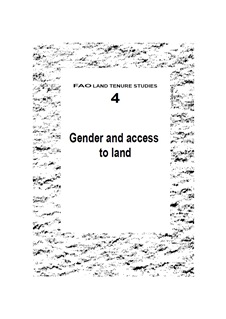Stunted child - overweight mother pairs
This paper explores the global prevalence of an emerging phenomenon: the coexistence of a stunted child and an overweight mother in the same household. It also tests whether this phenomenon is associated with a country's level of economic development and urbanization. Policy directions for public nutrition are highlighted. Data from 36 Demographic and Health Surveys (DHS) were used (23 in Africa, 8 in Latin America, and 5 in Asia). Stunting was defined as height-for-age 25 kg/m 2 .





